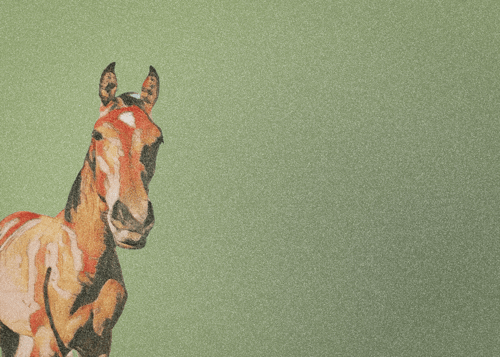
Horse identity theft disrupts European meat market
An Irish documentary revealed widespread passport fraud and smuggling operations in Europe – for horses. Thanks to tampered identification, horses considered unfit for human consumption made their way through the food chain. Some were declared dead in one country and slaughtered in another.
The European Commission launched an investigation into abuses in the horse meat industry across Ireland, the UK, the Netherlands, France, Spain and Italy.
Unfit for consumption
Horse meat is traditionally eaten in regions of Southern and Western Europe and abides by strict requirements. In Ireland, horses are almost only raised for races. Those are automatically considered unfit for human consumption due to the medication they are given over the course of their career.
However, according to national Irish broadcaster RTÉ, about 2,000 horses were slaughtered in Ireland’s only equine abattoir between January 2023 and March 2024, a majority of them being old or ill ex-competitors bought under false pretences. Twenty British and French horses deemed unfit for human consumption were later slaughtered in the Irish abattoir in the same time period. The investigation also revealed that a facility in the Netherlands brought thousands of Irish and British ex-racehorses onto the market under a false German identity.
For now, it is impossible to know what the health implications are for consumers.
In Ireland alone, 20,000 horses vanish from the registration system each year, according to RTÉ estimates. The smuggling of horses benefits from a lack of proper regulatory enforcement and persistent opaque sourcing, allowing criminal networks to operate across borders.
A faulty system
In 2012, DNA traces of horse meat in frozen burgers triggered the 2013 European horsemeat scandal, where foods advertised as beef contained horse meat, sometimes up to 100%. Despite prompting new regulations, national databases remain inaccessible and communication between authorities is minimal. Equine and food security organisations advocate for digital European passports and an interoperable database managed by the European Commission to improve traceability.
Since 2013, the EU’s Rapid Alert System for Food and Feed has flagged about 200 public health warnings related to horses entering the European market. In 2022, a joint investigation by Spain and Europol exposed a horse meat criminal network in Spain, Belgium, Germany, and Italy. Recently, two trials in Marseille involved equine criminal networks, including one with 18 people. Without tougher legislation, the issue may persist indefinitely.